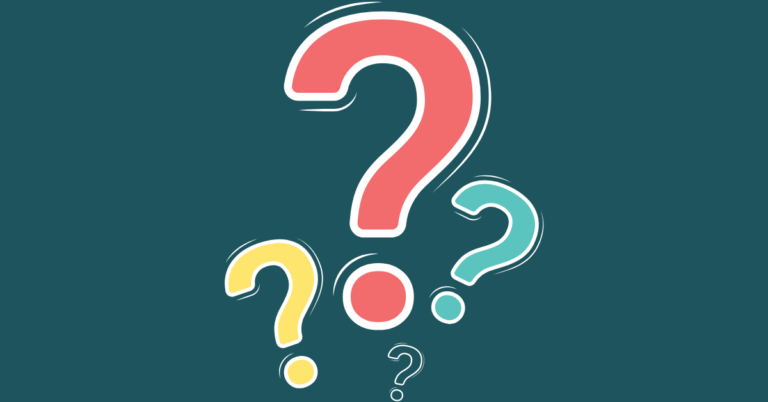
How To Ask Questions in Haitian Creole
Learn how to ask questions in Haitian Creole with this helpful guide. Learn essential question words and structures to improve your ability to engage in conversations and gather information.
Word order
Ki + Noun …
Ki + Pronoun …
How to create yes / no questions?
There are two types of questions that we use frequently: yes / no and information questions.
In English, we use words like did, do, does, and will for yes / no questions. We also raise the pitch of our voice. For example, “will you eat?”. In Haitian Creole, the easiest way is to use yes / no questions is by raising the pitch of your voice while using a version of the simplest sentence structure. Another way is to add ‘eske’ in the beginning of the question. Notice that the questions below mean the exact same thing.
Ou pral manje?
Will you eat?
Nou vle yon woulib?
Do you [all] need a ride?
Nou kwè l ap rive a 2è?
Do you believe he’ll arrive at 2 o’clock?
Èske w pral manje?
Will you eat?
Èske n vle yon woulib?
Do you [all] need a ride?
Èske n kwè l ap rive a 2è?
Do you believe he’ll arrive at 2 o’clock?
How to create information questions?
- by starting with the word ‘ki’ followed by a noun or pronoun bearing the particular meaning
- followed by a version of the simple sentence structure.
A noun is a person, place or thing. A pronoun replaces a noun. Instead of translating ki, focus on the noun or pronoun that comes right after it. Just like ‘te’ is the past tense marker, ‘ki’ in this context can be considered as a question marker. We just need to remember to use it correctly when asking a question.
*Generally do not use ki___ and poukisa in sentences that are not questions. The ‘ki’ is dropped.
** “Se” becomes “ye when asking information questions. For example. when asking Who is? What is? Where is? use ye at the end of the question, not se. Instead of saying “kiyès se Jan?” (who is John?), say “kiyès Jean ye?”
Question words
1. Meaning of the Question
2. Haitian Creole
3. English
4. Example
A. Person
Kiyès
Who
Kiyès prezidan an ye?
Who is the president?
B. Information / Repetition
Ki sa
Sa
What
Ki sa w genyen?
Sa w genyen?
What’s the matter with you?
C. Place / Position
Ki kote
Kote
Where
Ki kote w te ale?
Kote w te ale?
Where did you go?
D. Time
Ki lè
When
Ki lè reyinyon an?
When is the meeting?
E. Reason
Poukisa
Why
Poukisa ou tris?
Why are you sad?
F. Method / Manner / Quality / Condition
Ki jan
Kòman
How
Ki jan w eple mo sa a?
Kòman w eple mo sa a?
How do you spell this word?
G. Quantity
Konbyen
How much
Konbyen l ye?
How much is it?
H. Choice / To Specify
Ki + Noun
Which + Noun
Ki telefòn ou renmen?
Which telephone do you like?